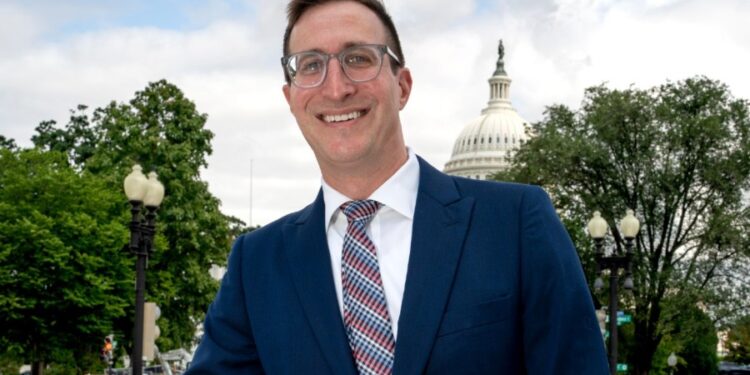
Congress is approaching a big year for taxes as swaths of the U.S. tax code, which was last updated in 2017, are due to expire in 2025.
Few are more aware of that than Andrew Grossman, the Democratic chief tax counsel for the House Committee on Ways and Means.
As tax policy experts, Grossman and his team are often tugged in different directions, needing to be authorities on what is perhaps the most complex area of U.S. law while at the same time being sensitive to the individual personalities and constituencies of the lawmakers they work for.
To strike that balance, Grossman says he draws as much upon the time he spent as a math teacher before going to law school as he does upon his formal training in the law.
“It’s actually one of the most important work experiences I’ve had,” he told The Hill. “A lot of what my job is here is teaching and explaining things to members. I think pedagogy is important and often overlooked in these positions.”
Expiring at the end of 2025 are all of the individual tax provisions in the 2017 Tax Cuts and Jobs Act, as well as some business provisions. If lawmakers don’t update the tax code, the scheduled changes will increase revenues and reduce the deficit by about $4.5 trillion over the next decade.
Grossman sees the coming year as pivotal for U.S. revenue policy, but he doesn’t think a sea change is on the horizon for the way the U.S. economy is structured.
“It’s absolutely a transitional moment, and I think the members do appreciate the importance of the moment,” he said. “I would be surprised if 2025 served as an occasion for an overhaul of the tax code.”
“What I’ve found is that when Congress is facing cliffs like they are 1727172227, generally speaking, raw, rip-things-out-by-their-roots reform is kind of not in the cards as much as dealing with the cliff that’s in front of them,” he added.






